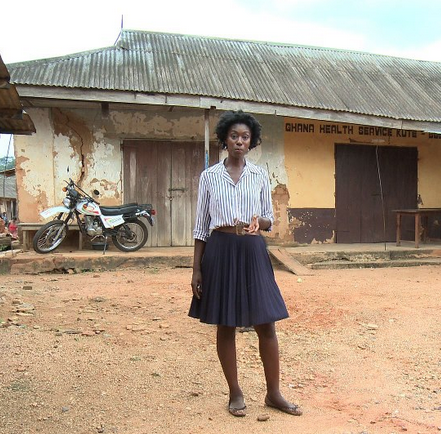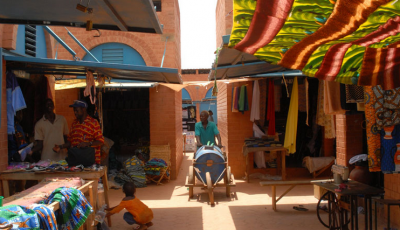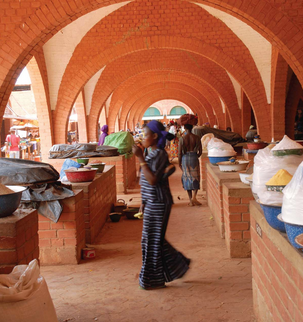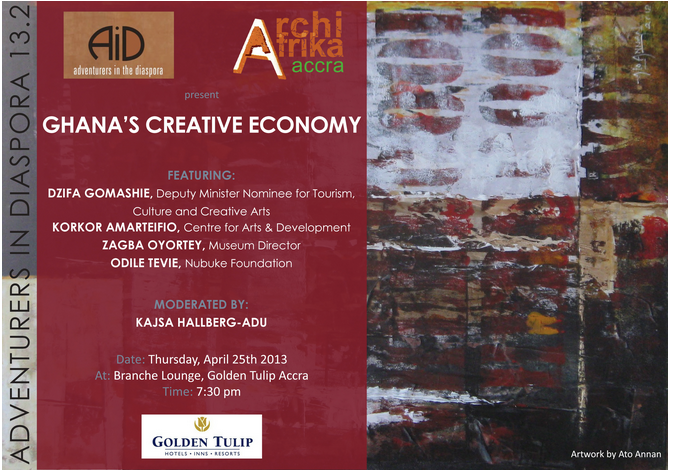So, a Swedish friend of mine wrote an article about how politicians can learn from hipsters. For those of you who do not read Swedish, his argument was basically that even though hipsters might look silly and obsess over city farms, homemade bread and vintage clothing – they offer insights into sustainable living of the future. As I complimented hom on the interesting frame (learning from hipsters), he responded with a question: How is it with hipsters in Ghana?
Well, let’s back track and fist find a definition for hipsters. Urban Dictionary thinks it is:
|
a subculture of men and women typically in their 20’s and 30’s that value independent thinking, counter-culture, progressive politics, an appreciation of art and indie-rock, creativity, intelligence, and witty banter.
|
So, are there hipsters in Ghana?
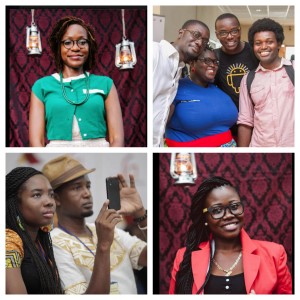
I guess that depends on who you ask. Candance (who recently moved to Ghana from the US) for instance recently commented that on Instagram that she was at a Ghanaian farmers’ market with NO HIPSTERS!
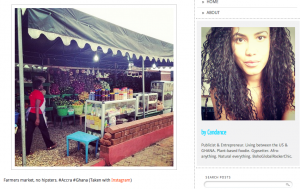
But that might just have been due to language. That market likely wasn’t called a “farmers’ market”. And how will then hipsters know it’s a place for them?
But when used clothes are called “Vintage” as well as when social media is discussed, hipsters do show up, also in Ghana. The indie scene in Ghana, in my humble opinion, is flourishing with TEDx events (read about TEDxOsu here from just this past weekend), AccraDotAlt’s TalkPartis (and check out these great hipster photos!) and Jungle Music Festival Asabaako where the Ghanaian hipster community discuss art, listen to local DJs play indie music and eat local foods. However, the best place to spot hipsters in Accra is at The Republic Bar, where local spirits blended into great cocktails meet nostalgic decor. Does it get more hipsterish?
Yes, the hipster scene in Ghana might be small, foreign inspired and sometimes elitist, but I think – just like my Swedish friend – we can learn a thing or two from hipsters and their obsessions (for instance The Republic Bar manages to have the best AND cheapest cocktails in town as they use local ingredients).
What did I forget about the hipster scene in Ghana? I will gather your comments and write a follow up post as soon as my homemade bread has risen.
Photo collage trying to prove my point with photos from Facebook groups for Vintage Gh and BloggingGhana.

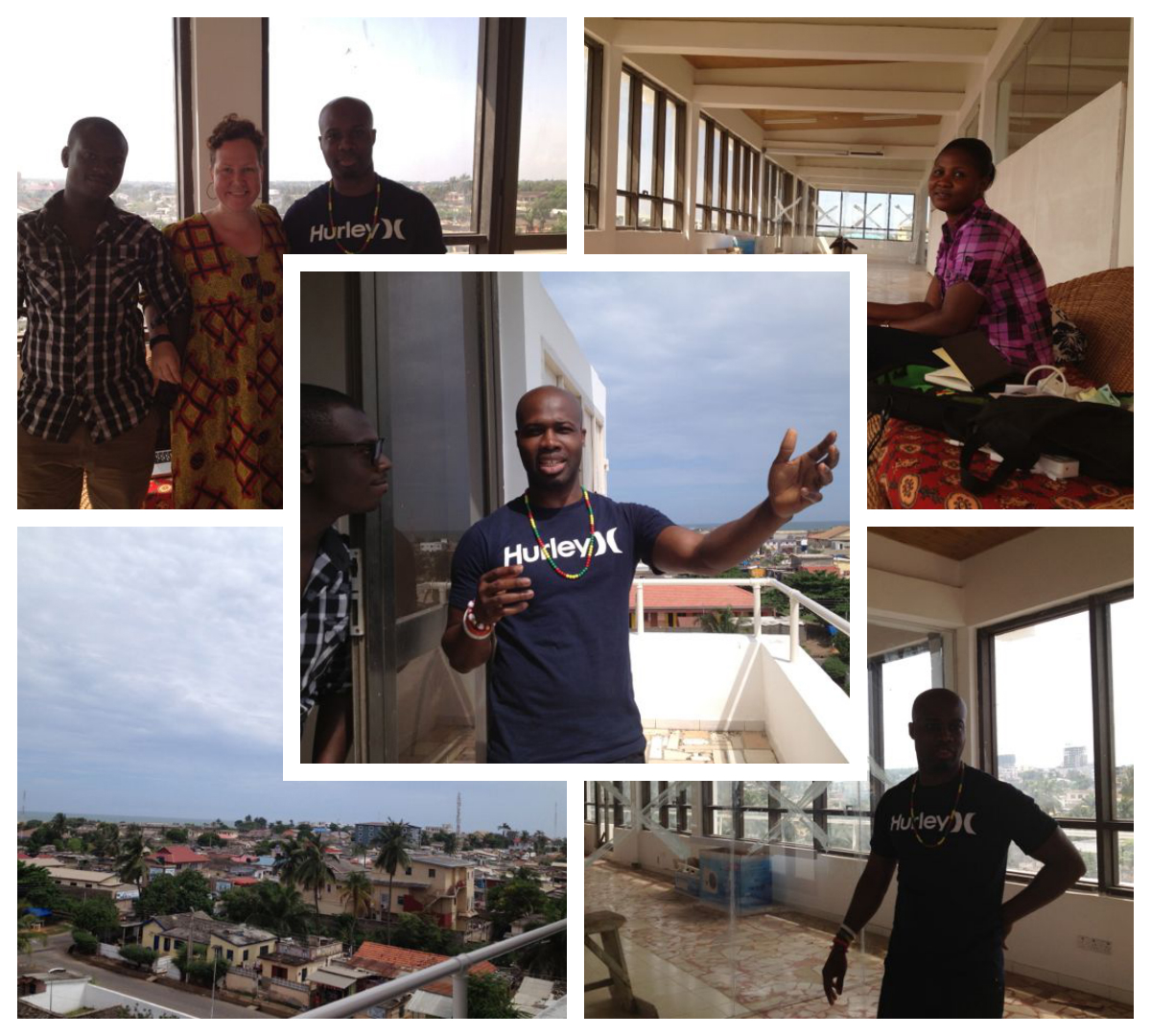


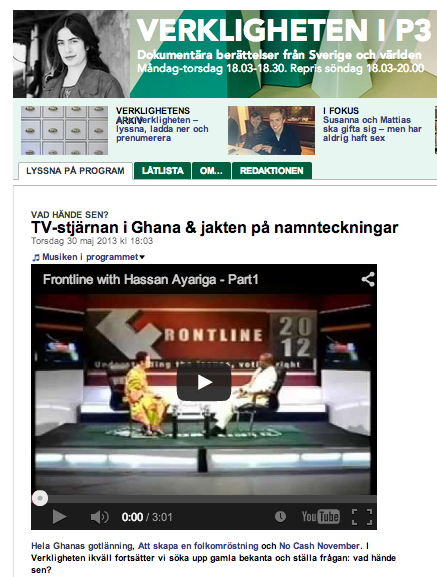
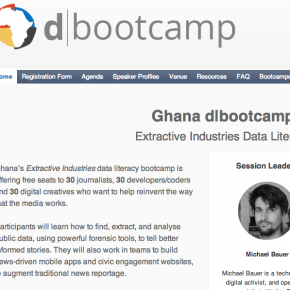 This weekend is Memorial Day (US), Mother’s Day (Sweden, Hurray for mom!) and African Union weekend (Africa). But how does one celebrate the African Union? I am not sure, but will spend the delayed holiday (in Ghana holidays that fall on weekends get “compensated” at the first possible weekday, in this case AU Day fell on Saturday 25 May, hence tomorrow, Monday 27th is the day off!) and two more days at a
This weekend is Memorial Day (US), Mother’s Day (Sweden, Hurray for mom!) and African Union weekend (Africa). But how does one celebrate the African Union? I am not sure, but will spend the delayed holiday (in Ghana holidays that fall on weekends get “compensated” at the first possible weekday, in this case AU Day fell on Saturday 25 May, hence tomorrow, Monday 27th is the day off!) and two more days at a 